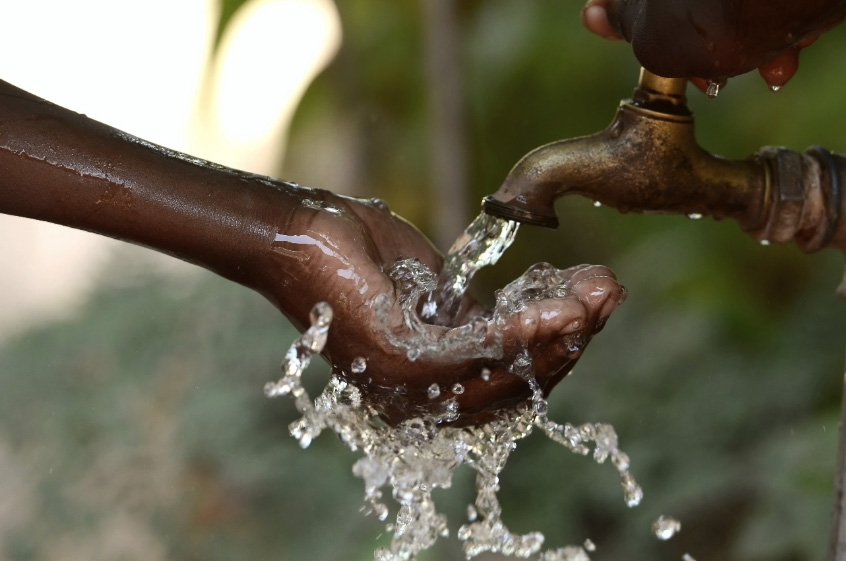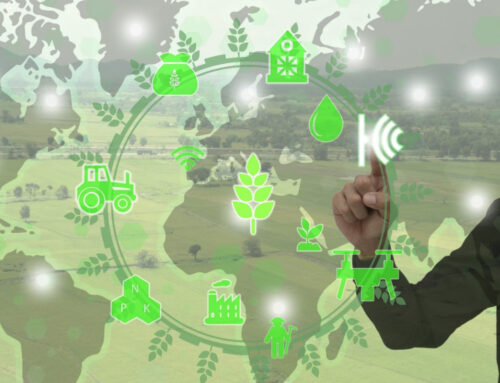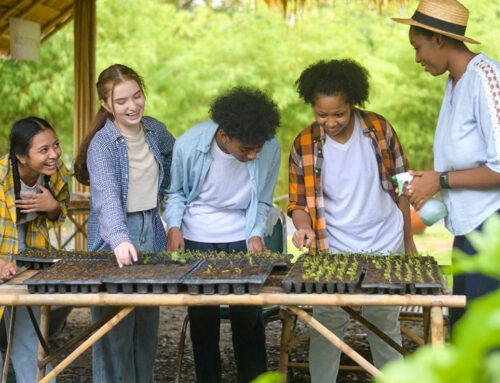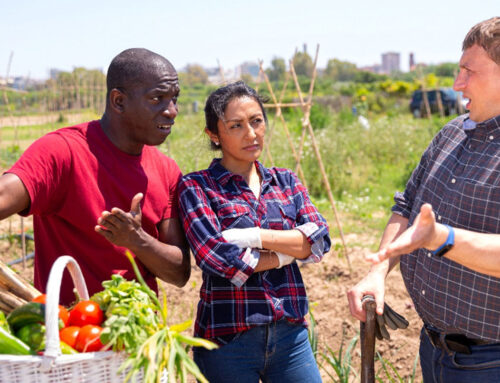Globally, 3.6 billion people had inadequate access to water for at least one month of the year in 2018.
This figure is expected to rise to over 5 billion by 2050 according to researchers. Moreover, there are 2.2 billion people who still lack access to safe drinking water.
Since 2015, South Africa has experienced water shortages due to rainfall delays. These delays have led to a decrease in dam levels, leading to droughts. One of South Africa’s most prevalent water problems is that many people do not have enough knowledge on how to preserve it, according to researchers.
The Institute for Security Studies shows that South Africans use 235 litres per person daily, per capita consumption, which is above the global average of 173 litres.
Furthermore, the agricultural sector is one of the largest users of water resources and a primary cause of groundwater pollution in most rural areas. Therefore, there is a need to educate consumers and farmers on the importance of water conservation techniques and solutions.
Some water conservation methods in farming include planting drought-tolerant crops and drip irrigation. Since drip irrigation produces a slow drip of water directly onto the plant roots, it saves 20%-50% of the water, significantly diminishing runoffs and surface evaporation. Soil treatment is also crucial.
By treating and restoring the soil, farmers enhance carbon capture through improved porosity in the soil. This enhances water absorption during rainfall and irrigation, reducing irrigation water requirements by up to 30% while preventing runoffs and minimizing algae blooms in nearby rivers. It has also been noted that the removal of alien invasive plants has been beneficial in water preservation because they consume up to 20% more water than indigenous vegetation.
4 th Wave Tech’s EvoFarm App also helps farmers capture and track crop progress, manage nutrients
and water levels in their crops, ultimately helping farmers manage water efficiently.





